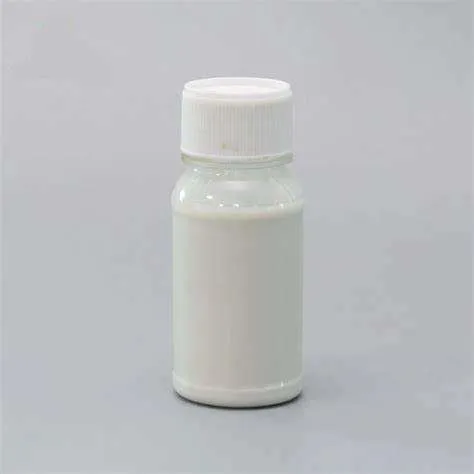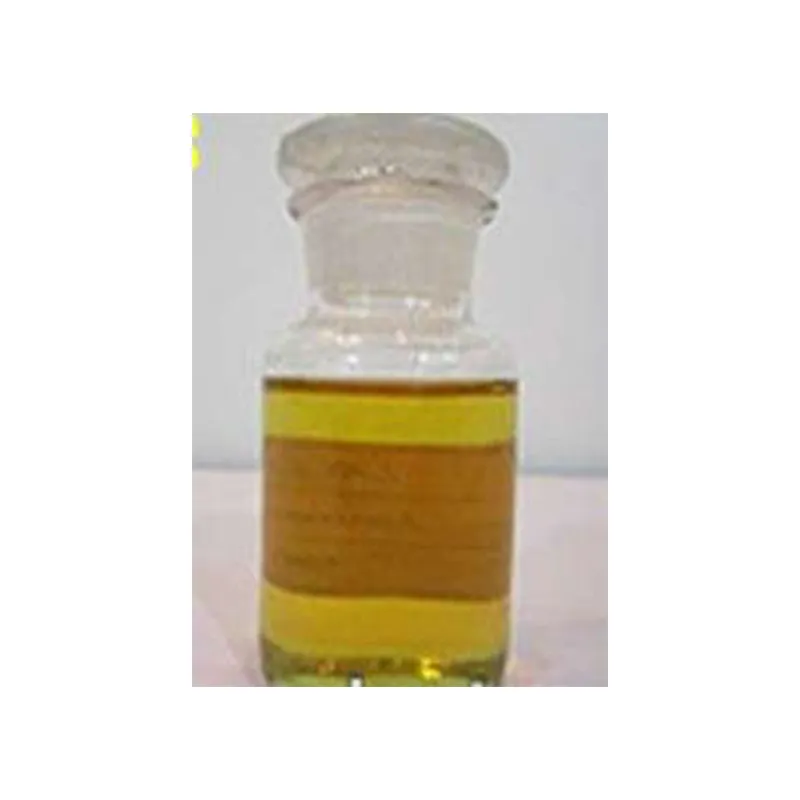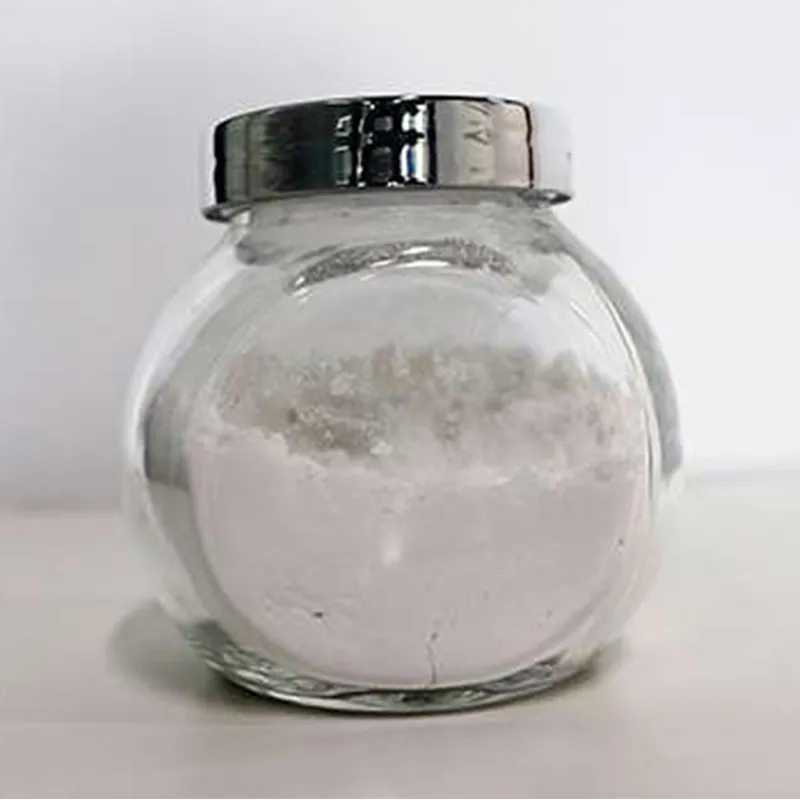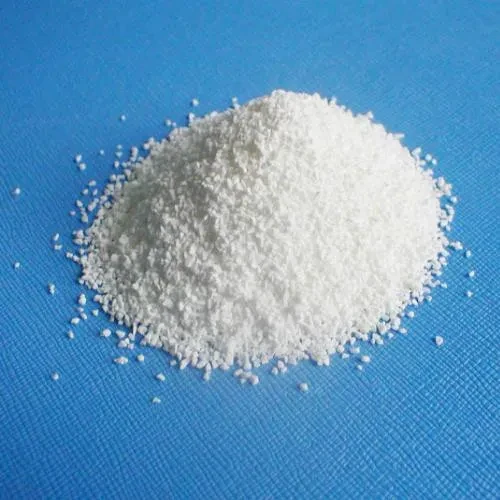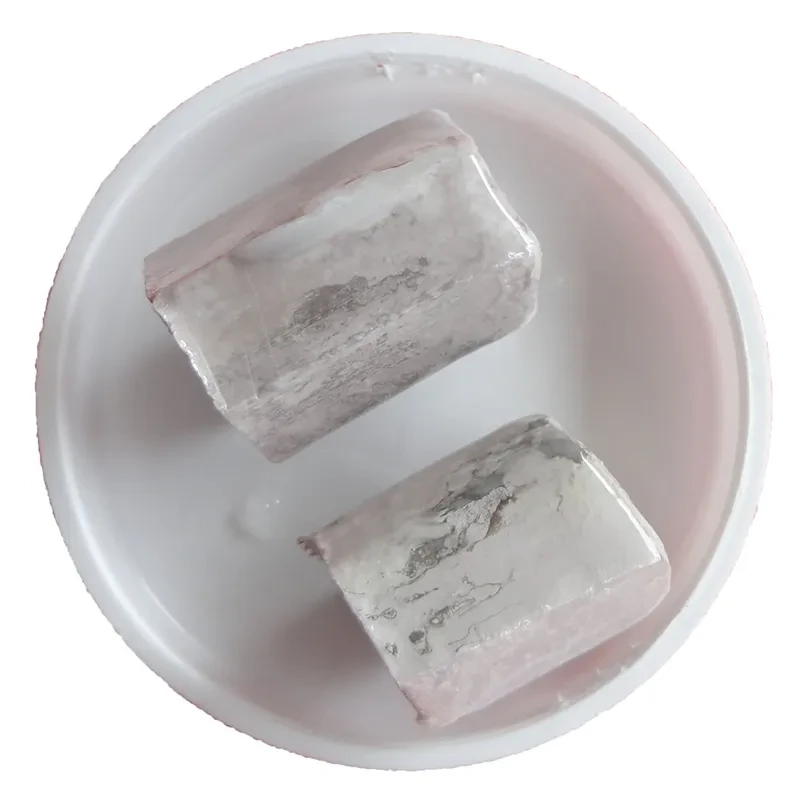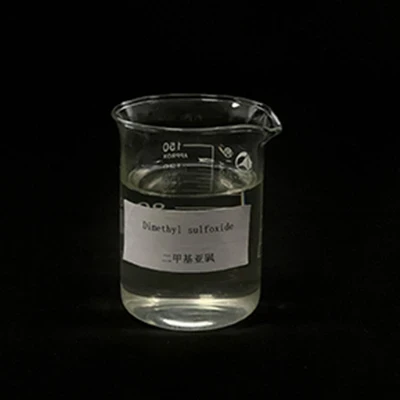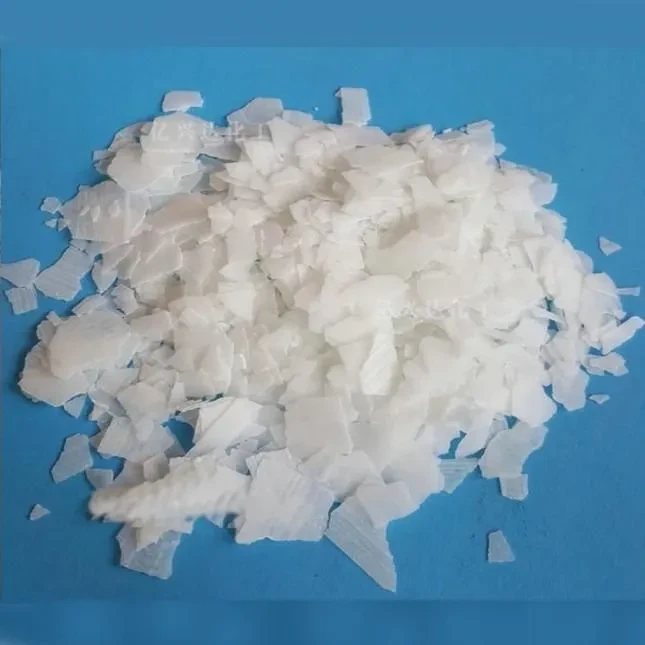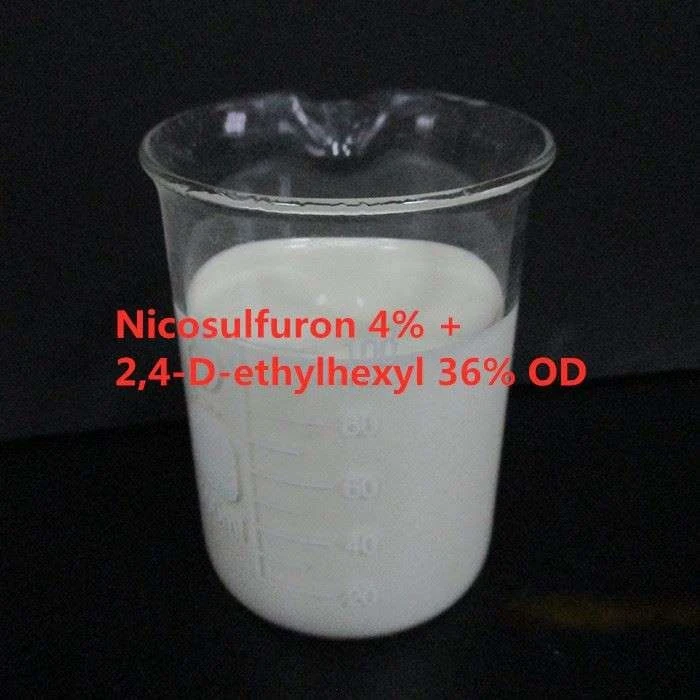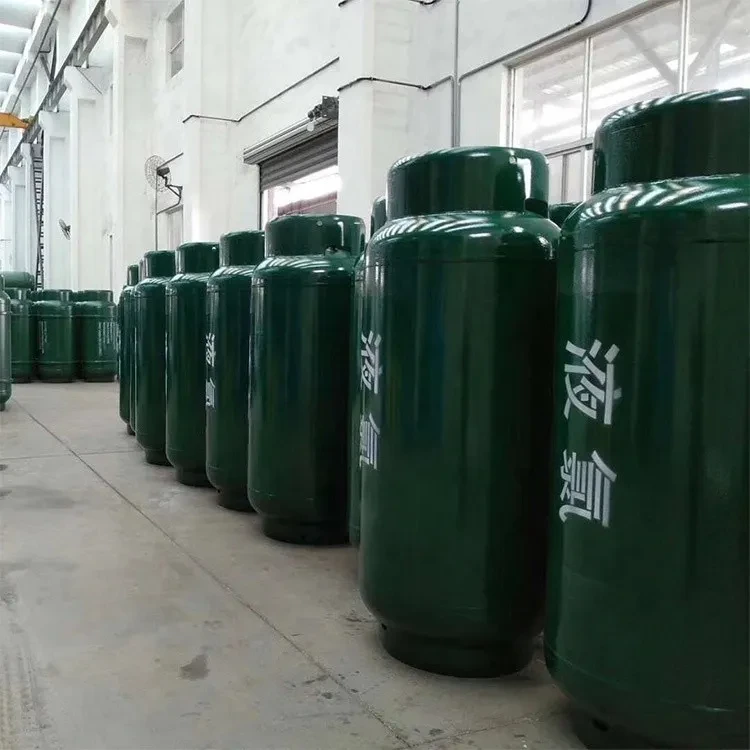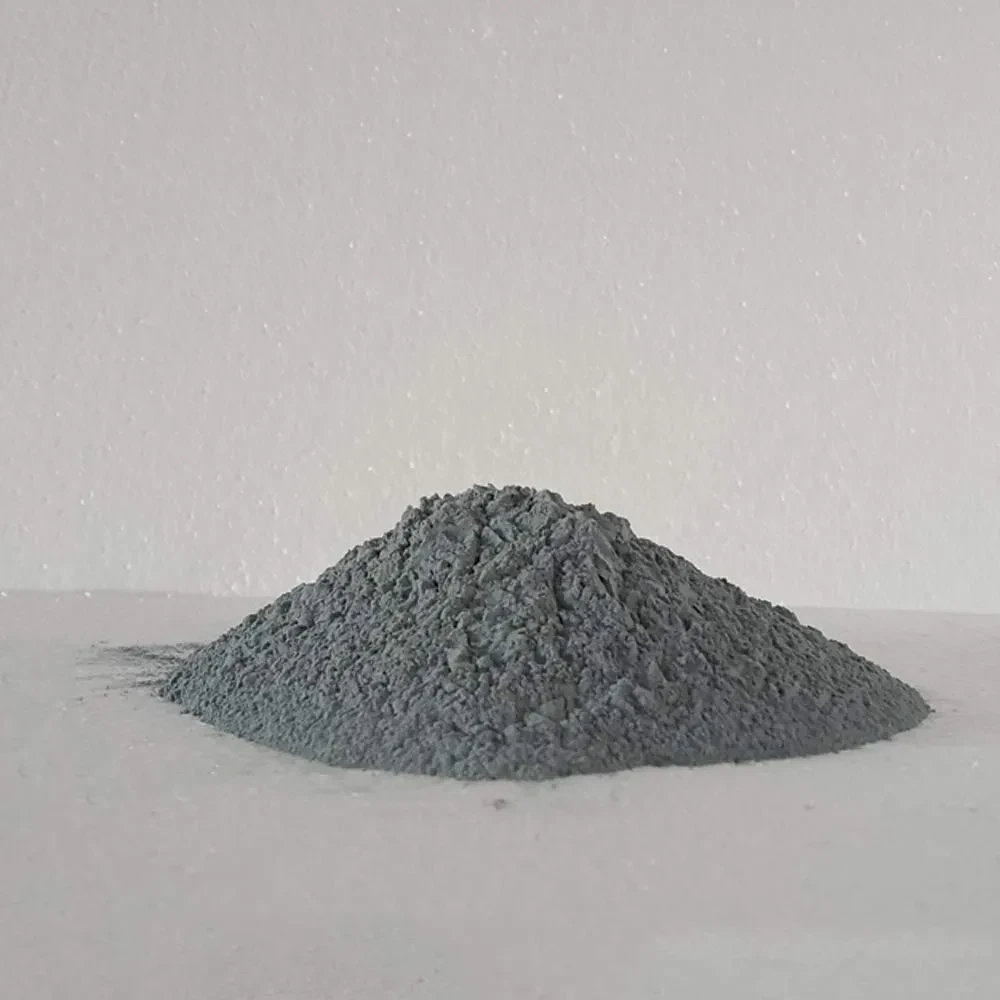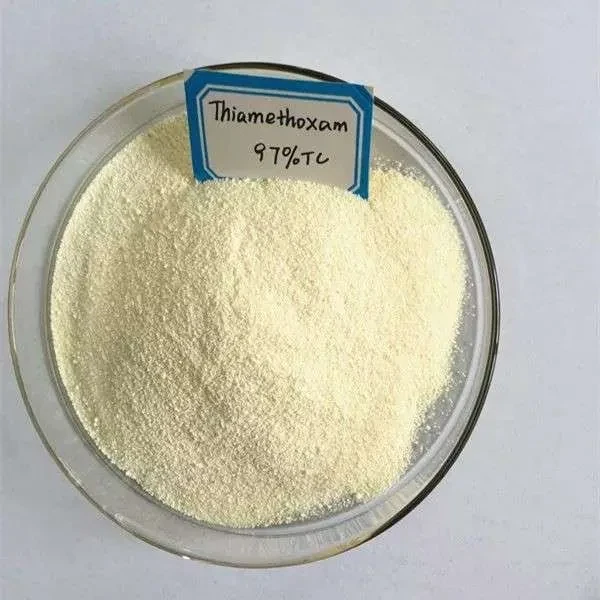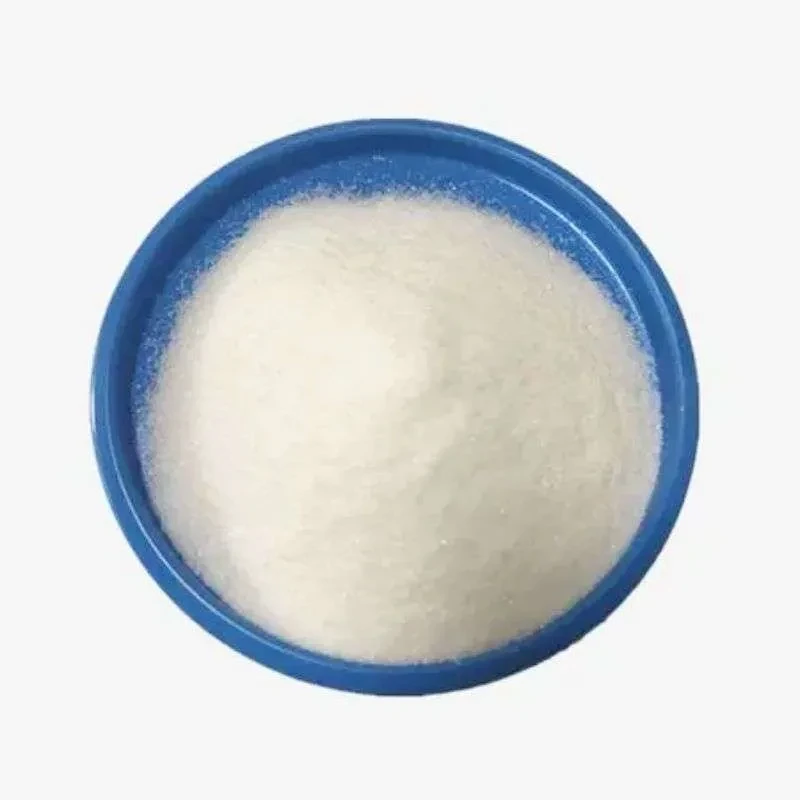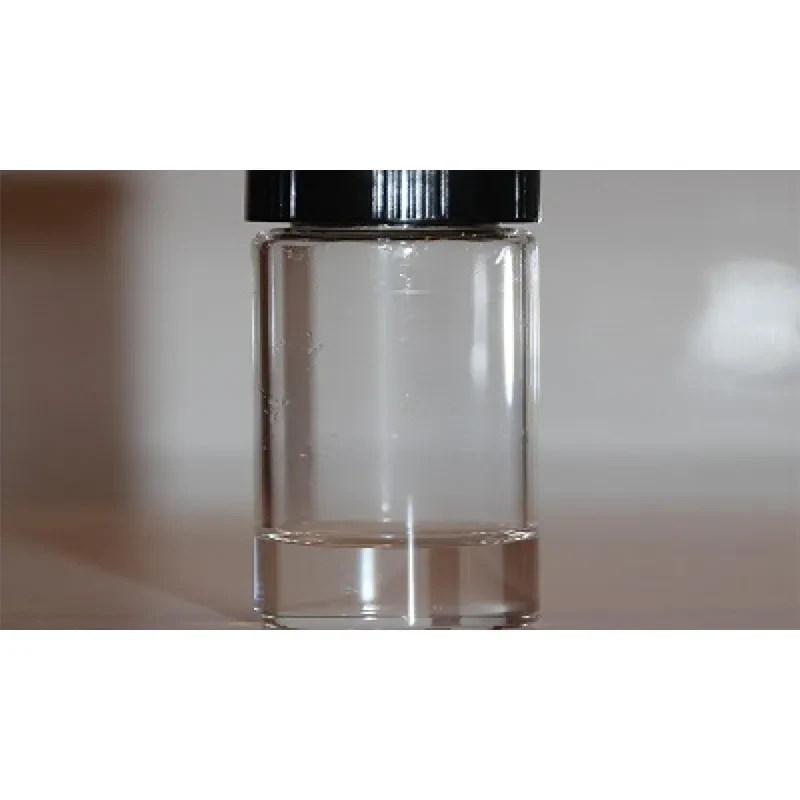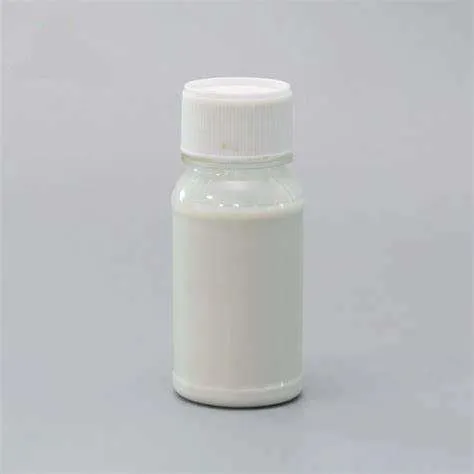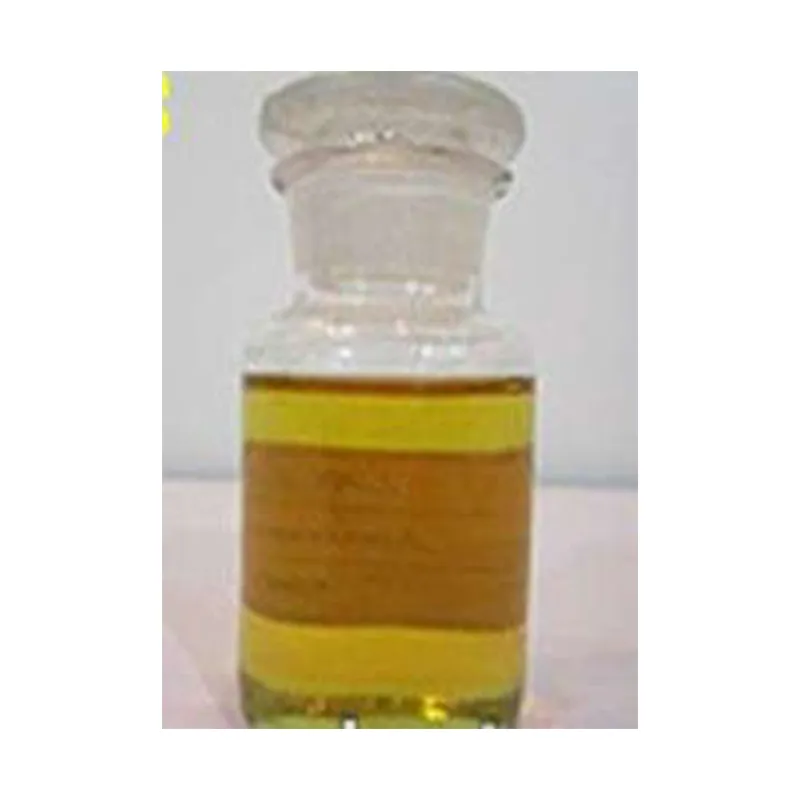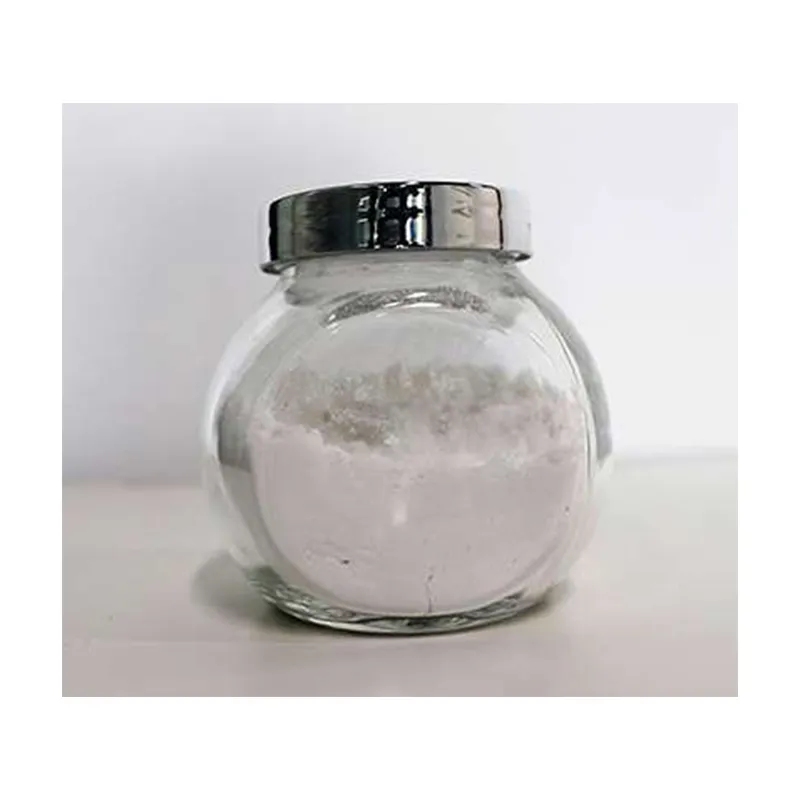CAS No.: 178928-70-6
Molecular Formula: C14H15Cl2N3OS
Molecular Weight: 344.26
|
Melting point |
139.1-144.5° |
|
Boiling point |
486.7±55.0 °C(Predicted) |
|
Density |
1.50±0.1 g/cm3(Predicted) |
|
storage temp. |
Inert atmosphere, Room Temperature |
|
solubility |
DMSO (Slightly), Methanol (Slightly) |
|
pka |
6.9(at 25℃) |
|
form |
Solid |
|
color |
White to light yellow |
|
Symbol(GHS) |
|
|
Signal word |
Warning |
|
Hazard Codes |
|
|
RIDADR |
UN3077 9/PG 3 |
|
HS Code |
2933998090 |
Prothioconazole is a triazolinethione derivative, which can be used as a fungicide in order to inhibit the activity of demethylase enzyme. It can be used in the treatment of infection in crops like wheat, caused by Mycosphaerella graminicola, a plant-pathogenic fungus.
Prothioconazole is widely used in agriculture as a fungicide. Its purpose in this field is to control fungal diseases in crops such as cereals, fruits, and vegetables. The mechanism of action of Prothioconazole involves inhibiting the biosynthesis of ergosterol, an essential component of fungal cell membranes. By disrupting the production of ergosterol, Prothioconazole effectively prevents the growth and reproduction of fungi, thus protecting crops from fungal infections.
Prothioconazole is mainly used on cereals, soybeans, oilseeds, rice, peanuts, sugar beets and vegetables with a wide spectrum of fungicidal activity. Prothioconazole has excellent efficacy against almost all fungal diseases on cereals. Prothioconazole can be used as both a foliar spray and a seed treatment.



